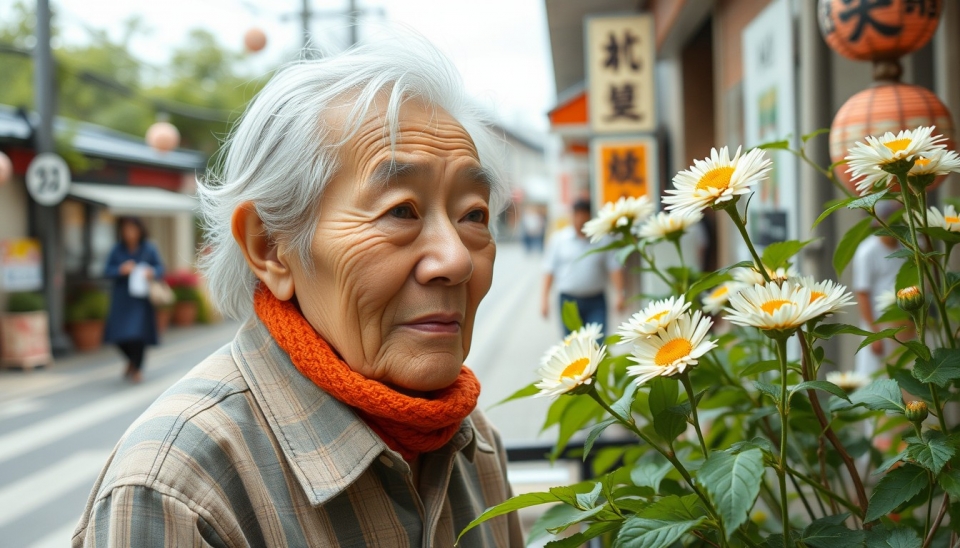Working Into Your 70s Becomes New Norm in Japan, May Spread to Rest of World

In Japan, a growing trend has emerged where citizens are increasingly working until the age of 70. This phenomenon is not only a result of economic factors but also a shift in social expectations. With an aging population, a noticeable labor shortage, and economic pressures, many Japanese citizens find themselves needing to remain in the workforce much longer than before. This situation raises serious concerns about the sustainability of pension systems and economic stability.
Japan has long faced the problem of demographic aging, making it essential to reassess pension policies and working conditions. The government actively supports initiatives aimed at raising the retirement age and encouraging older individuals to remain engaged in the economy. Of course, not all workers can or wish to work this long, but for many, it seems to be the only option to avoid financial hardships.
Additionally, some companies have begun to implement hiring programs for older employees, recognizing that they can offer significant experience and skills. Recently, discussions have taken place on how to adapt workplaces for an aging workforce so that they can work more comfortably and productively.
However, this phenomenon is not limited to Japan. With the increasing number of elderly people in many countries, the option of working into one's 70s may become a global trend. Economists and sociologists warn that without significant changes in approaches to pension systems, many countries may face similar issues.
Thus, the situation in Japan serves as a case study for other countries facing the increasingly relevant issue of an aging population. If other nations do not take steps to modernize their pension systems, it could lead to rising discontent among older individuals and threaten economic stability.
#Japan #work #pensions #economy #elderly #demographics #labor




